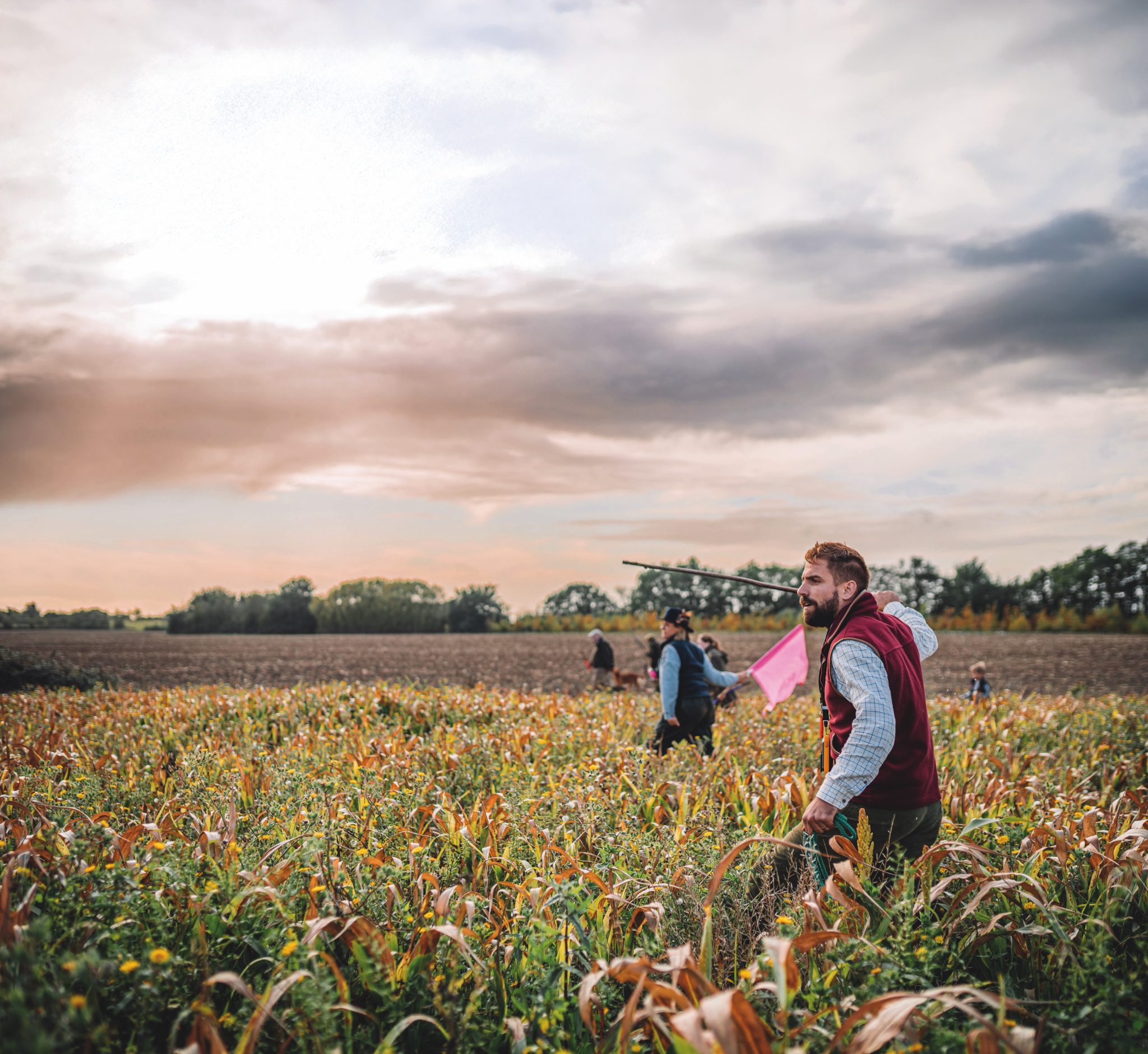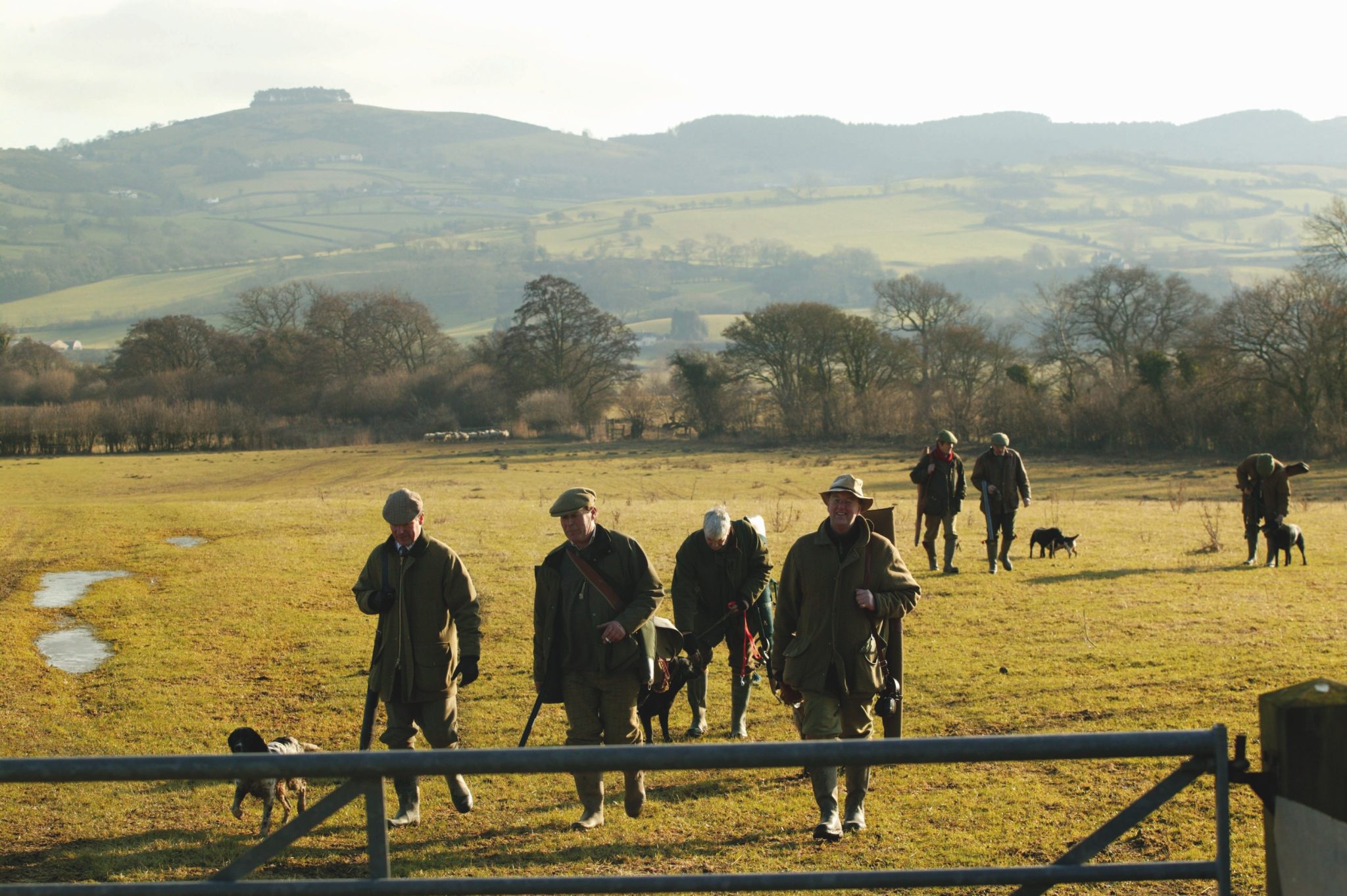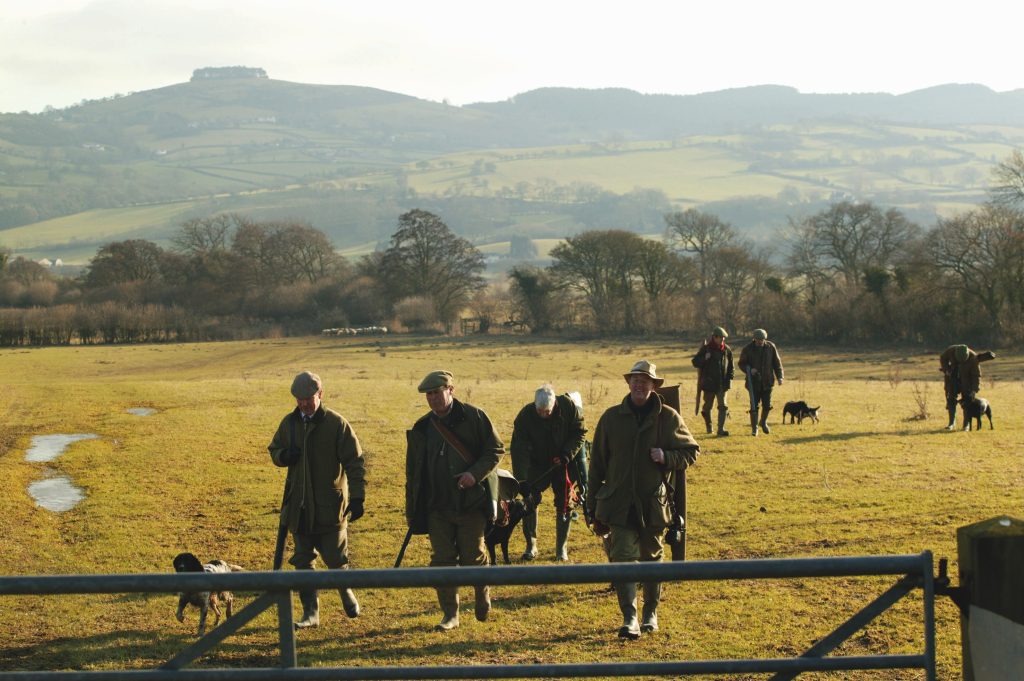Win CENS ProFlex DX5 earplugs worth £1,149 – enter here
Scottish estates boosted income
Savills' report shows 33 per cent income rise

Real estate firm Savills has reported that Scottish estates experienced an economic upturn in 2013 and that the outlook for this year is good. However, continuing uncertainty over land reform and independence threatens to weaken the effects. The findings were published in their Scottish Estate Benchmarking Survey for 2013, the results of which showed a 33 per cent increase in average gross income across all estates. Costs have also increased, but by a significantly smaller 12.3 per cent.
As in previous years, estates? main sources of income are the agricultural and residential sectors. However, the report notes that more landowners are diversifying and tapping into income streams from other sectors, which will help them withstand future economic fluctuations. The survey showed little overall change in average income from sporting sources on lowland estates, which remained at around £3 per acre (£7 per ha), however there was considerable variation and some estates brought in as much as £11 per acre. The proportion of income derived from leisure activities was not as high as in 2010, but it has increased by 7.3 per cent in comparison with 2012. Income from woodlands remained roughly the same as last year.
The survey also highlighted the positive contribution made by estates to communities, the environment and the wider rural economy thanks to an increase in reinvestment of estate income at a local level. Results showed that spending on wildlife management, riverbank repairs, public access, biodiversity schemes and other environmental projects has increased, as has outlay on community projects and improvements to buildings let for residential or agricultural purposes. In addition to this, estates are still a source of ?high quality affordable housing stock in the shape of pensioners? accommodation, tied properties and family homes at below open market rents.?
However, while the results indicate that the outlook for the estates is positive, proposals for radical land reform and the forthcoming referendum on Scottish independence could hamper growth.
Savills concluded that ?The uncertainty created by land reform, proposed legislative change and the independence referendum cannot be underestimated. Such uncertainty can only serve to dissuade or delay landowners from starting significant investment projects which would have a clear detrimental impact on the wider rural economy.?
For a copy of the Savills? Scottish Estate Benchmarking Survey visit, http://bit.ly/1nqoTkc.
Related Articles
Get the latest news delivered direct to your door
Subscribe to Shooting Times & Country
Discover the ultimate companion for field sports enthusiasts with Shooting Times & Country Magazine, the UK’s leading weekly publication that has been at the forefront of shooting culture since 1882. Subscribers gain access to expert tips, comprehensive gear reviews, seasonal advice and a vibrant community of like-minded shooters.
Save on shop price when you subscribe with weekly issues featuring in-depth articles on gundog training, exclusive member offers and access to the digital back issue library. A Shooting Times & Country subscription is more than a magazine, don’t just read about the countryside; immerse yourself in its most authoritative and engaging publication.







